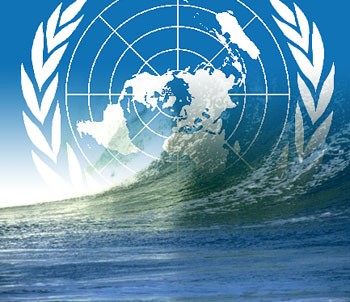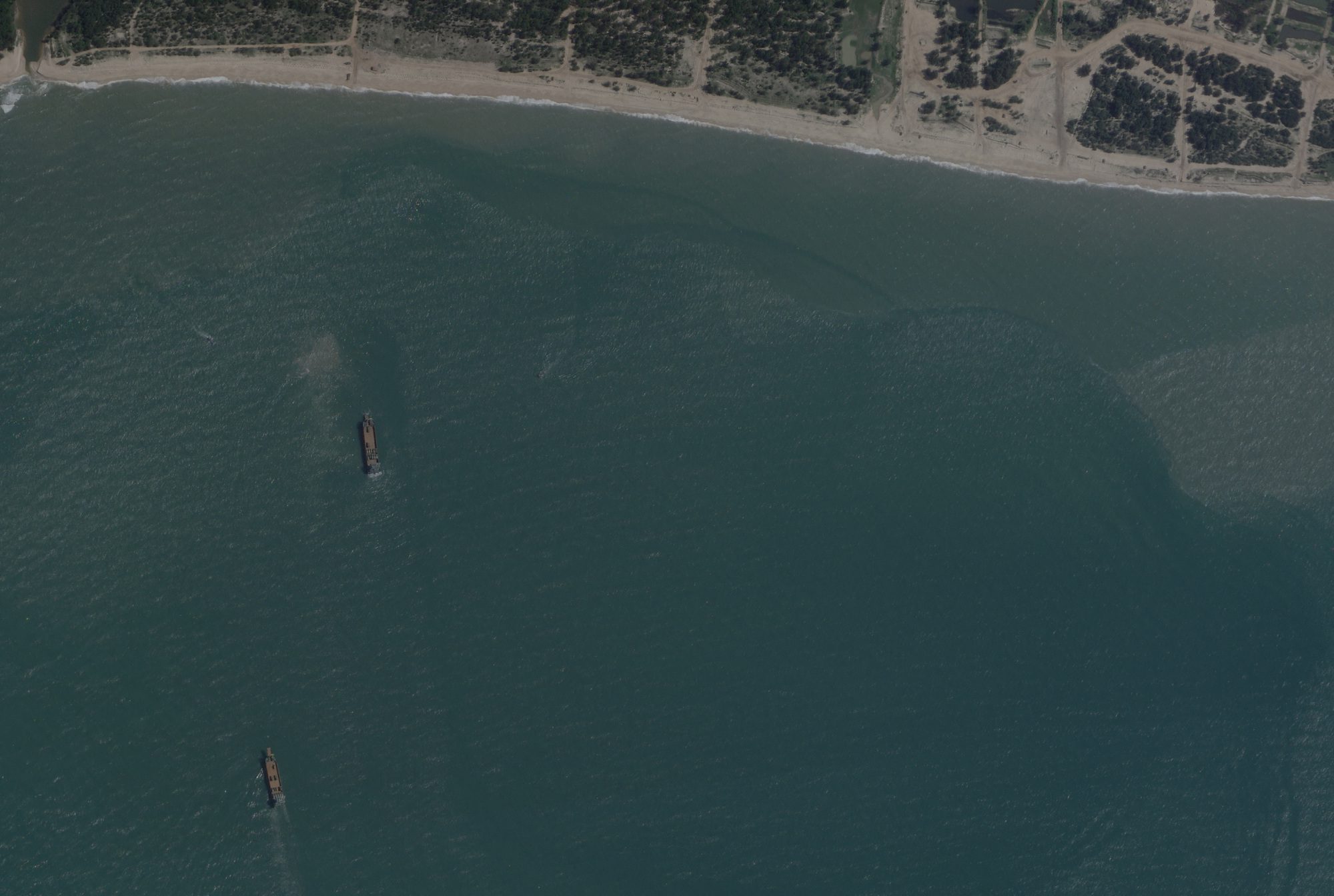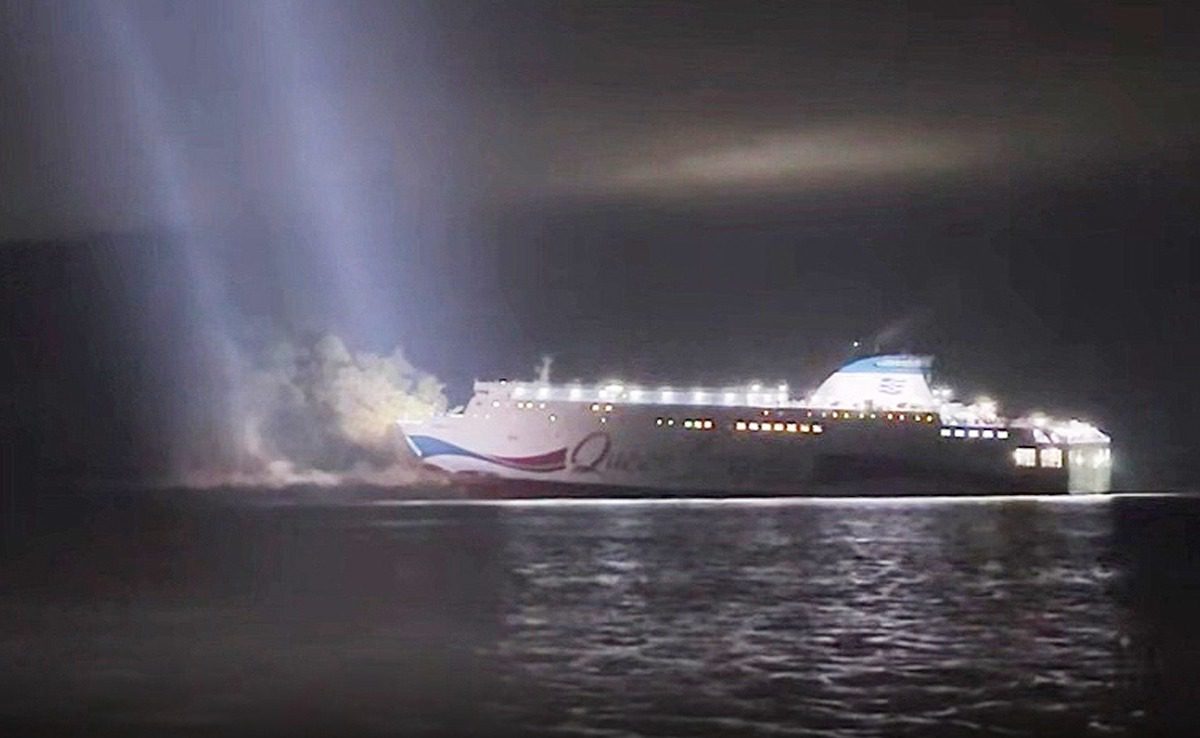 By Environment Correspondent Alister Doyle
By Environment Correspondent Alister Doyle
OSLO, Feb 11 (Reuters) – The high seas that cover almost half the Earth’s surface are a treasure trove with little legal protection from growing threats such as over-fishing and climate change, according to a new international group of politicians.
“High levels of pillage are going on,” David Miliband, a former British foreign secretary, told Reuters. He will co-chair the Global Ocean Commission, which will start work this week and give advice to the United Nations on fixing the problems.
Over-fishing and environmental mismanagement cost the world economy $50 billion a year and about three-quarters of world fish stocks are over-fished or fished to the maximum, according to World Bank and U.N. data.
“The hidden depths are a treasure trove, and a treasure trove that we neglect or raid at our peril,” Miliband said of the high seas, the area beyond national limits that stretch 200 nautical miles (370 km) from coasts.
His co-chairs will be former Costa Rican president Jose Maria Figueres and Trevor Manuel, a minister in the South African cabinet in charge of planning.
The commission will include ex-cabinet ministers from nations such as Chile, Australia, Indonesia, Canada and Nigeria, as well as business leaders and Pascal Lamy, head of the World Trade Organisation (WTO). It will produce advice in 2014.
Miliband said vast areas of the oceans, from the Atlantic to the Pacific, were “a neglected area of global governance” despite a 1982 U.N. Convention on the Law of the Sea (UNCLOS).
The Commission says the high seas are under severe and increasing threat from over-fishing, damage to habitat, climate change and ocean acidification caused by a build-up of greenhouse gases in the atmosphere.
SEABED MINING
There are some regulatory mechanisms – the Jamaica-based International Seabed Authority was set up in 1994 to control mining of deep-sea deposits such as nodules rich in manganese, iron, aluminium and copper.
And a 2001 U.N. pact seeks to control stocks of fish such as highly migratory tuna, sailfish, swordfish and sharks. Regional fisheries management groups also try to oversee the high seas.
But the Commission says tougher rules and “future-proofing” are needed – to take account of emerging risks and technologies that could make mining or oil and gas drilling more feasible in the ocean depths, perhaps down to 5,000 metres (16,400 feet).
The drilling group Transocean says one of its oil and gas drillships in 2011 set a world record by drilling in the seabed off India at a depth of 3,107 metres.
“The global ocean is essential to the health and well-being of each and every one of us,” Figueres, the former Costa Rican head of state, said in a statement.
“It provides about half of the oxygen we breathe and absorbs about a quarter of our carbon dioxide emissions; but we are failing to manage it in ways that reflect its true value.”
Miliband said the 1982 UNCLOS pact had not properly anticipated, for instance, that giant trawlers could stay at sea for weeks, freezing and processing fish before returning to port.
Ole Kristian Fauchald, a law professor at the Fridtjof Nansen Institute in Oslo, said possibilities for change included limiting the use of “flags of convenience” that let fishing vessels register in nations that are lax in imposing U.N. rules.
And ports could be stricter in refusing access to ships pillaging the high seas. Cutting subsidies to fishing fleets would also help, despite a lack of progress at the WTO, he said. U.N. studies estimate subsidies at up to $34 billion a year. (Reporting By Alister Doyle; Editing by Stephen Powell)
(c) 2013 Thomson Reuters, Click For Restrictions

 Join The Club
Join The Club











